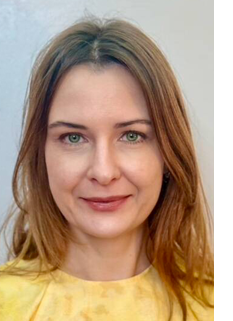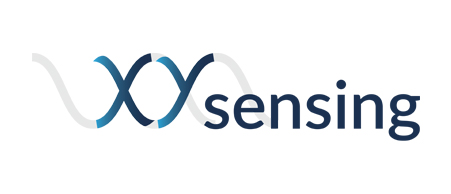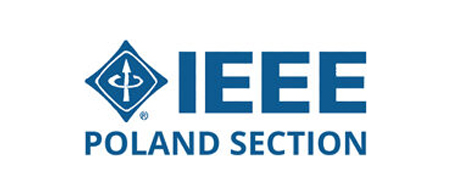Quantum Kernel Methods
 Ph.D. Agnieszka Wielgus
Ph.D. Agnieszka Wielgus
Ph.D. Agnieszka Wielgus is an assistant professor at the Faculty of Electronics, Photonics and Microsystems at Wroclaw University of Science and Technology, Poland. She is a member of IEEE Signal Processing Society. She received her M.Eng. in Control Theory and Robotics in 2008 from Wroclaw University of Technology, Poland. She earned her Ph.D. with distinction in Computer Engineering from Wrocław University of Technology in 2014 with a dissertation focused on scheduling problems and their computational complexity. Her primary research endeavors are centered on optimization techniques and operational research in signal processing, alongside the analysis of non-stationary and non-linear signals. Dr. She has served as an executor in National Science Centre (NCN) projects focused onoperational research methods. Currently, she leads the NATO Chief Scientists Grant titled "Modern operational research methods for airspace surveillance."
Keynote talk description:
Kernel methods are a powerful class of algorithms in machine learning that allow linear models to solve non-linear problems. The core idea revolves around the "kernel trick," which enables algorithms to operate in a high-dimensional, implicit feature space without ever explicitly computing the coordinates of the data in that space. Support Vector Machines (SVMs) are a prime example of algorithms that heavily rely on kernel methods, utilizing various kernel functions like polynomial, radial basis function (RBF), or sigmoid kernels to tackle diverse classification and regression tasks. In kernel methods, optimizing kernel parameters is crucial for achieving optimal model performance. Our presentation details novel quantum-based methodologies for the optimization of kernel parameters. These approaches facilitate the attainment of enhanced performance metrics, surpassing the capabilities of conventional classical optimization techniques.






